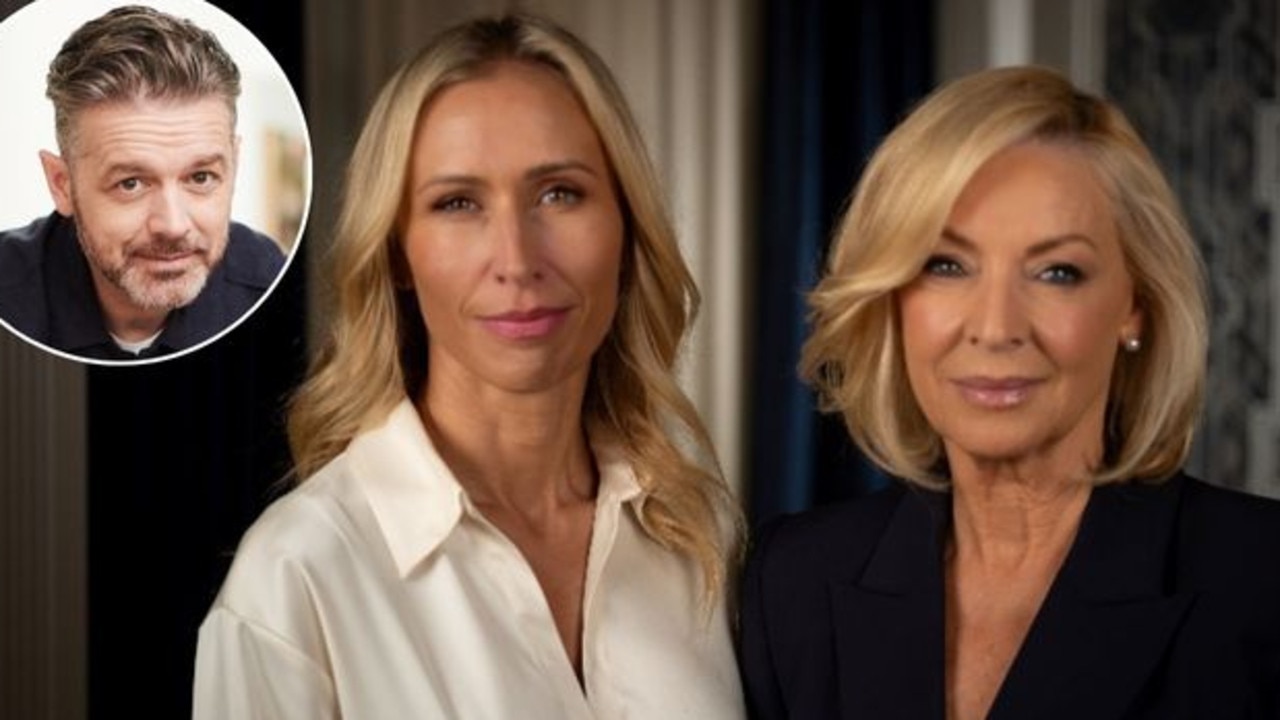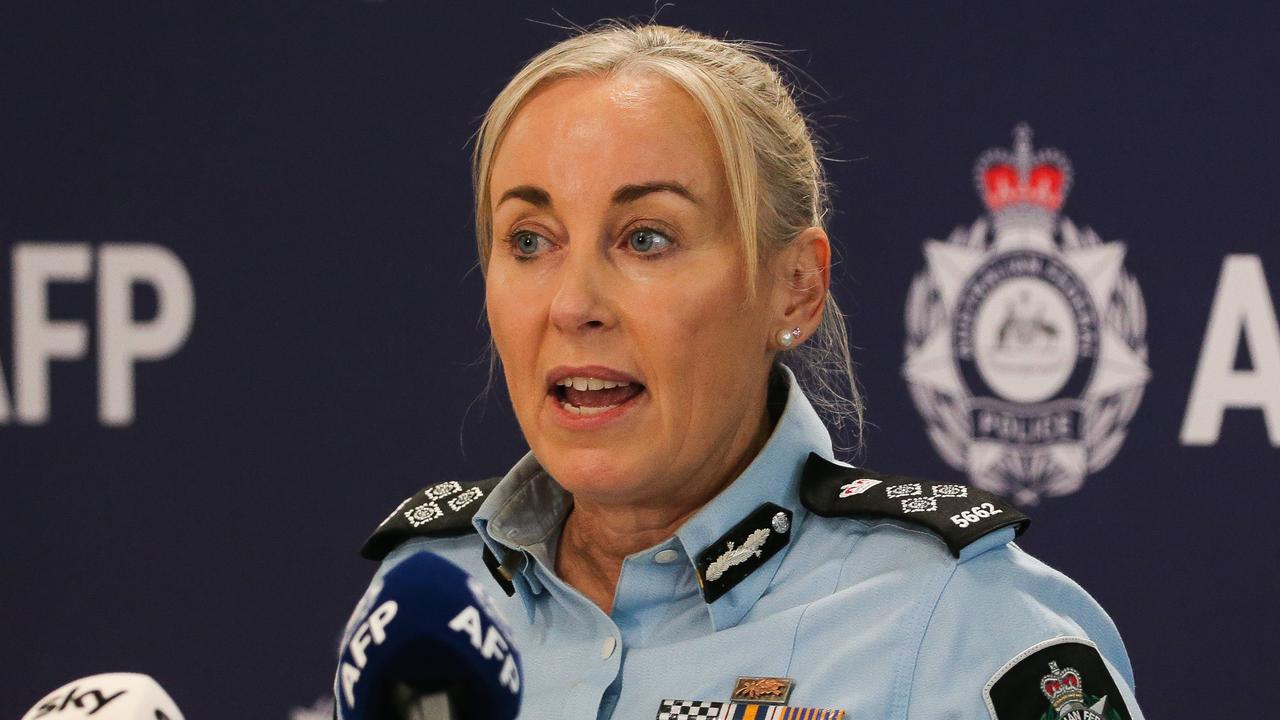World-first gene discovery gives Sydney toddler Freddie the chance at healthy life
With his huge grin and cheeky personality, it’s hard to believe Freddie was the boy who couldn’t heal. He spent most of his first year in hospital, sometimes so sick his parents and doctors didn’t know if he’d make it.

NSW
Don't miss out on the headlines from NSW. Followed categories will be added to My News.
Every parent thinks their child is one of a kind, but when it comes to three-year-old Freddie Baldock it’s true.
With a huge smile and cheeky personality, it’s hard to believe little Freddie spent most of the first year of his life at Sydney Children’s Hospital, at times so sick his parents didn’t know if he’d make it.
Born at just 31 weeks, Freddie was diagnosed with a world-first genetic condition – after a wound from what was initially thought to be a small abscess near his belly button failed to heal after surgery.
It was the worst wound pediatric immunologist Associate Professor Paul Gray had ever seen – and he, along with a team of other doctors and researchers – were determined to figure out why it wouldn’t heal.
“It was truly awful, this little boy was immensely sick,” A/Prof Gray said.
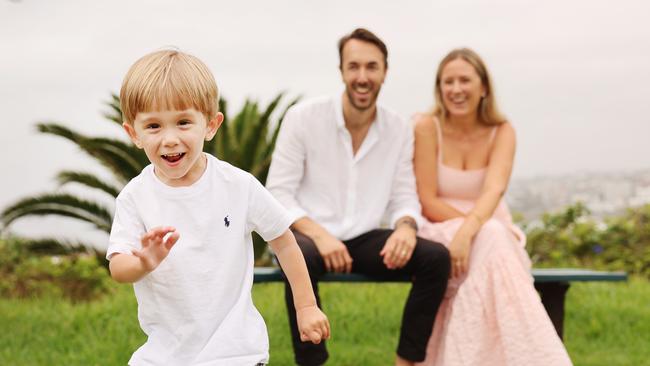
“At one stage I thought: ‘We might not make it here’.”
Freddie was just two-weeks-old and weighed just over one kilogram when he underwent surgery. And for the next several months, his first-time parents Katrine and Patrick were hit with an avalanche of complications.
“It’s definitely the hardest thing I’ve had to do,” Freddie’s doting mum said.
“He was intubated and sedated for quite a while, and then slowly his abdominal incision just started opening up.
“It got worse and worse and no one could explain what’s happening, we were just taking it day by day.”
While Freddie’s wound was initially treated as an infection – genetic testing revealed it was inflammation – triggered by a genetic change in a particular part of the molecule OTULIN.
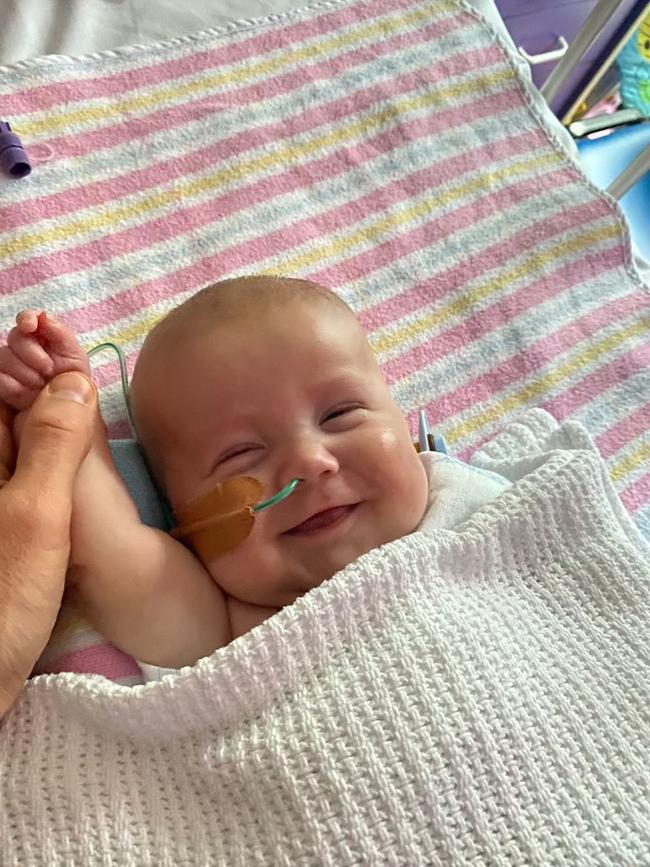
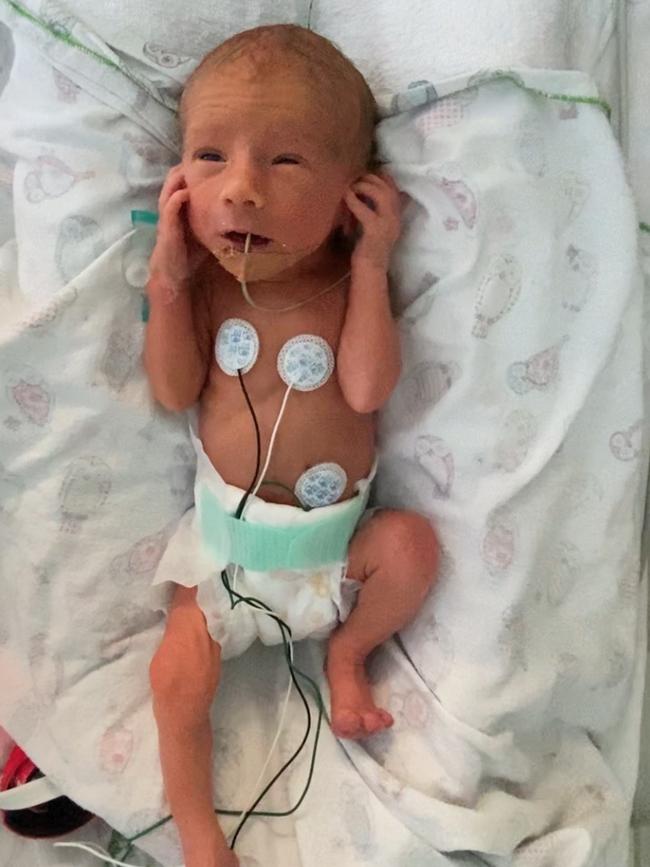
Suspecting potential OTULIN Related Autoinflammatory Syndrome, A/Prof. Gray and the immunology team at SCH contacted researchers at the Walter and Eliza Hall Institute of Medical Research, who discovered a world-first change in his gene.
The OTULIN deficiency meant his body couldn’t properly control inflammation, which caused damage to the body, and manifested in abscesses.
“This was tricky and fast-moving science, and his parents had to put their trust in us, which they did,” A/Prof Gray said.
“That moment where we figured out what was wrong, it’s something you remember, it’s why you do the job.”
The discovery meant Freddie’s wound was finally able to heal, and his condition was stabilised with targeted treatments.
For Katrine and Patrick, it’s hard to believe their little boy who had been so sick for so long, can now run around, play and laugh like every other toddler.
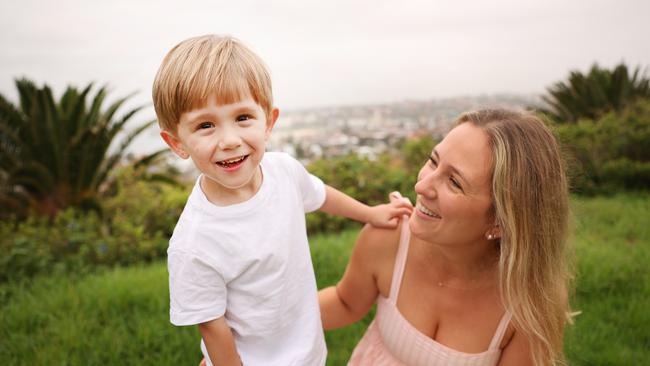
“He had a feeding tube for so long, and now he absolutely loves lasagne and chocolate,” she said.
“It sounds like a small thing, but we are just so grateful for the little things.
“When you’ve been through something like that, you have a whole new respect for parenthood and how incredible these little people are.”
Despite having every reason not to, Freddie was known around the hospital for his beaming smile, which never faltered.
“He was such a fighter, every day, every challenge, he just got through,” Katrine said.
“My husband and I were just in awe of him. He’s just got so much courage and bravery, he was smiling when you knew he was in a lot of pain.”
Health minister Ryan Park said Freddie’s story showed the importance of collaborative health care.
“Freddie’s story is the ultimate example of personalised medicine, where medical experts were able to discover exactly what was wrong and why in real time, despite this never having happened before, and to tailor his treatment to the cause,” he said.




